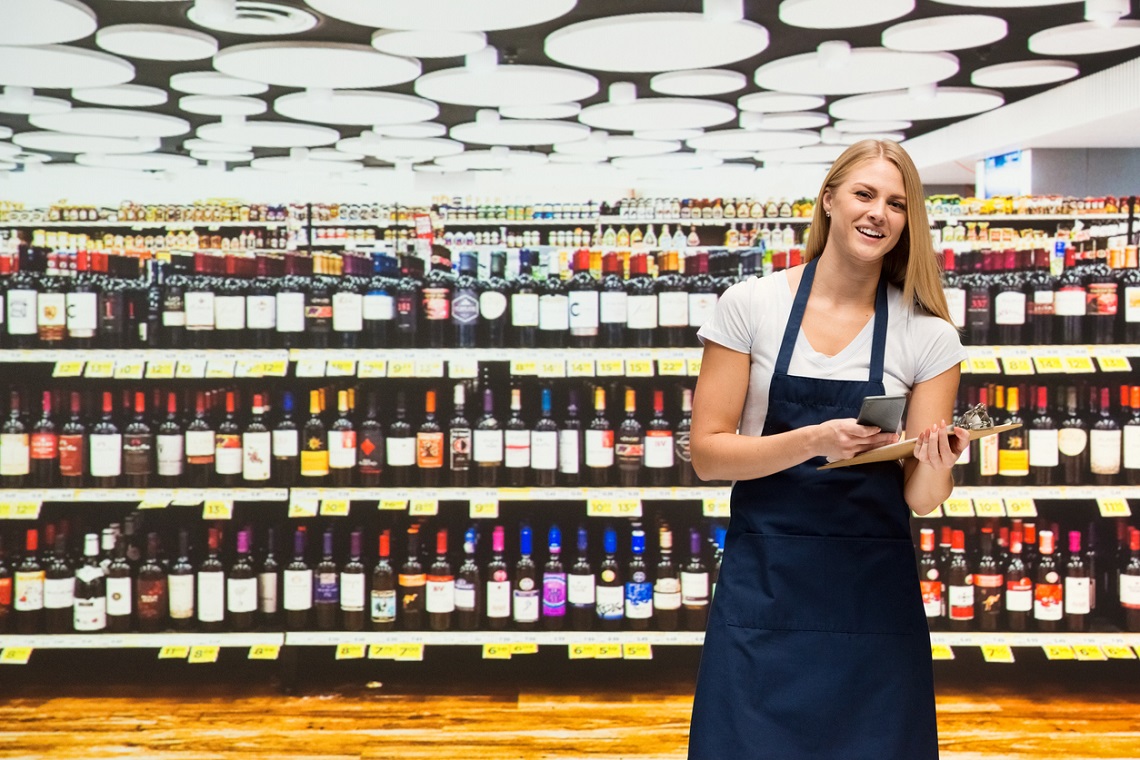While the Government continues to enforce greater lockdown measures across the country to help slow the spread of COVID-19, it is important to remember why liquor stores are an essential service for Australians and should be allowed to continue trading.
The main reasons revolve around ensuring the success of isolation measures and the health and well-being of Australians in isolation. As well as the economic impact that would be felt if these businesses were forced to close.
Success of isolation measures
Julie Ryan, CEO of Retail Drinks Australia, says that it’s important for Australians to be given access to as many social norms as possible.
“The impact of social distancing and limiting social interaction could be significant on short and long term mental well-being,” she said.
“It is important that Australians are given opportunities to keep as many social norms as possible, and limiting access to an everyday item which is deeply embedded in everyday life could exacerbate feelings of isolation.
“There are numerous studies which show that the conviviality that comes from sharing a drink with family and friends promotes a feeling of happiness and well-being.”
Mike Bennie, Co-founder of P&V Wine + Liquor agrees, saying: “We need the ability to have cultural touchstones continue, and in Australia a lot of cultural touchstones come from the responsible consumption of alcohol. There is the air of maintaining a sense of civilisation, particularly with the products that we supply (at P&V Wine + Liquor) that are from boutique and artisan producers.”
Supporting producers
For Bennie, the most important thing is to be able to maintain some form of a hospitality industry in order to support primary producers.
“The most important thing of all is continuing an economy that has been decimated by restrictions.
“This goes back to the primary producers, the farmers of Australia who grow grain, who grow hops, who grow grapes, that all end up in these produced alcoholic products. I think it’s important to keep the wheels of the economy turning around these primary producers and then the secondary producers that convert those primary products into alcoholic beverages.
“And so keeping some form of the hospitality industry buoyant through this time to maintain some form of income for those who work on the land, and for others who work in an industry that’s been completely marginalised by the change of circumstances regarding hospitality.”
Ryan echoes Bennie’s sentiments, saying: “As much as possible should be done to ensure that primary production and manufacturing can continue in brewing, winemaking and distilling given the ability to maintain distancing in these environments.
“Loss of production hours is not as simple as turning off a switch and turning it back on – yeasts cannot be maintained for brewing, stopping production in winery/bottling would affect an entire year of supply, etc.
“Ensuring continuity of supply is one important consideration from a consumer facing perspective, and limiting the short and long term impact on jobs in the production environment is another. Many in the sector simply would not recover or re-start from a shutdown.”
Keeping liquor stores open
Peter Peck, CEO of Liquor Stores Association of Western Australia (LSA WA), says: “Liquor Stores are an essential service because they are a small business and keep people employed and as a result contribute to the ‘multiplier effect’.
“Where so many other sectors of the retail industry are struggling and closing their doors and letting people go, mum and dad/family owned liquor stores are helping underpin our fragile national economy.
“The Premier of Western Australia has given an assurance that he’s not looking to shut down liquor stores.
“It would be an indictment on any government if it considered in doing so.”

